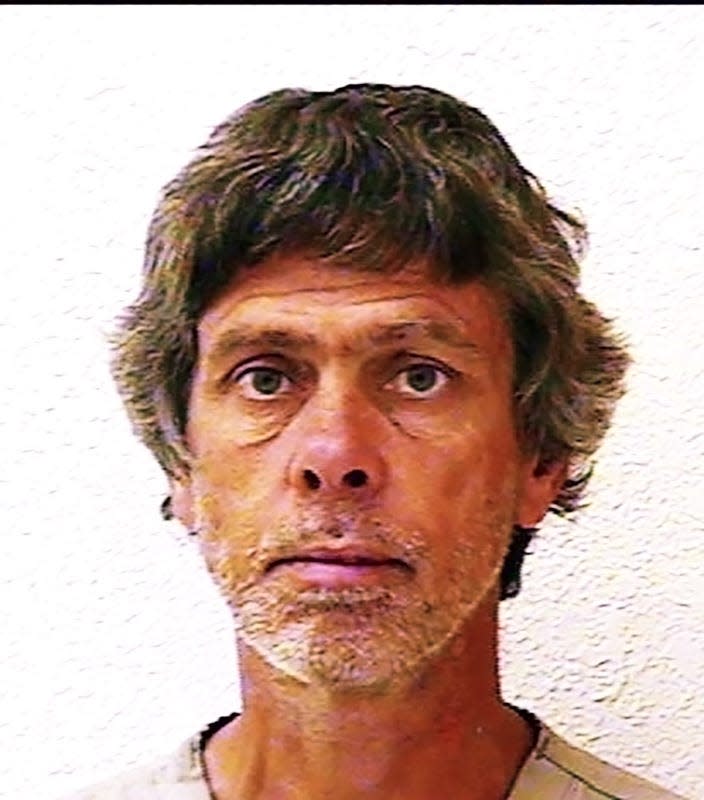Supreme Court rejects Oklahoma appeal in 'Dreams of Ada' kidnapping and murder case

The U.S. Supreme Court declined on Monday to review the case of Karl Allen Fontenot, whose murder conviction was overturned after he spent 35 years in prison for the killing of an Ada convenience store clerk.
Without comment, justices rejected the state of Oklahoma’s petition arguing that Fontenot should not have been allowed to present the evidence that ultimately led to his freedom in a case documented in two books.
A federal judge in Oklahoma ruled in 2019 that newly discovered evidence about Fontenot’s alibi and other suspects in the murder provided “solid proof” of his probable innocence.
The 10th U.S. Circuit Court of Appeals upheld the judge’s ruling last year, saying that, “Almost no evidence connected him to the crime other than his own videotaped confession, a confession that rang false in almost every particular.”
More: Oklahoma voters could be asked to change state Supreme Court nominating process
The appeals court said Fontenot “has brought forth new evidence that is sufficient to unlock the actual innocence gateway and to allow his substantive claims to be heard on the merits. And Mr. Fontenot has also established that evidence suppressed by the State prior to his new trial in 1988 led to a violation of his constitutional right to due process.”
Oklahoma urged justices to review the 10th Circuit ruling, saying the evidence used to exonerate Fontenot had been available since his trials and that his appeal should have been barred by federal time limits.
The state said the court should use the case to clarify whether “new” evidence under federal law meant newly discovered or newly available evidence as opposed to newly presented evidence.
Murder case produced books 'Dreams of Ada' and 'The Innocent Man,' and Netflix documentary
Fontenot, now 57, and co-defendant Thomas Ward were convicted of kidnapping and killing Donna Denice Haraway in 1984. The case became the subject of “The Dreams of Ada,” a book by Robert Mayer, whose title is a reference to the confessions made by both men that they said came from dreams.
Haraway’s murder was also one of the cases detailed in author John Grisham’s “The Innocent Man,” which was made into a documentary series that aired on Netflix.
Haraway was a 24-year-old college student and newlywed when she disappeared. Her remains were found nearly a year later about 30 miles away. She had been shot in the head.
More: 28 Oklahoma death row inmates could be executed over next two years after judge's ruling
Ward’s conviction was also overturned.
Fontenot’s legal team, which includes Donald B. Verrilli, Jr., the U.S. solicitor general from 2011 to 2016, urged the court not to review the case, saying the “vast majority” of evidence the state of Oklahoma claimed was available in the 1980s was actually being suppressed by the state.
“And the prosecutorial misconduct did not end with the trial: over the next thirty years, the State continued to withhold evidence, releasing it piecemeal only when compelled to do so by multiple court orders,” Fontenot’s lawyers told the court.
“The most recent exculpatory disclosure came in 2019, 31 years after Fontenot’s conviction.”
This article originally appeared on Oklahoman: Supreme Court declines Oklahoma appeal in 'Dreams of Ada' case

